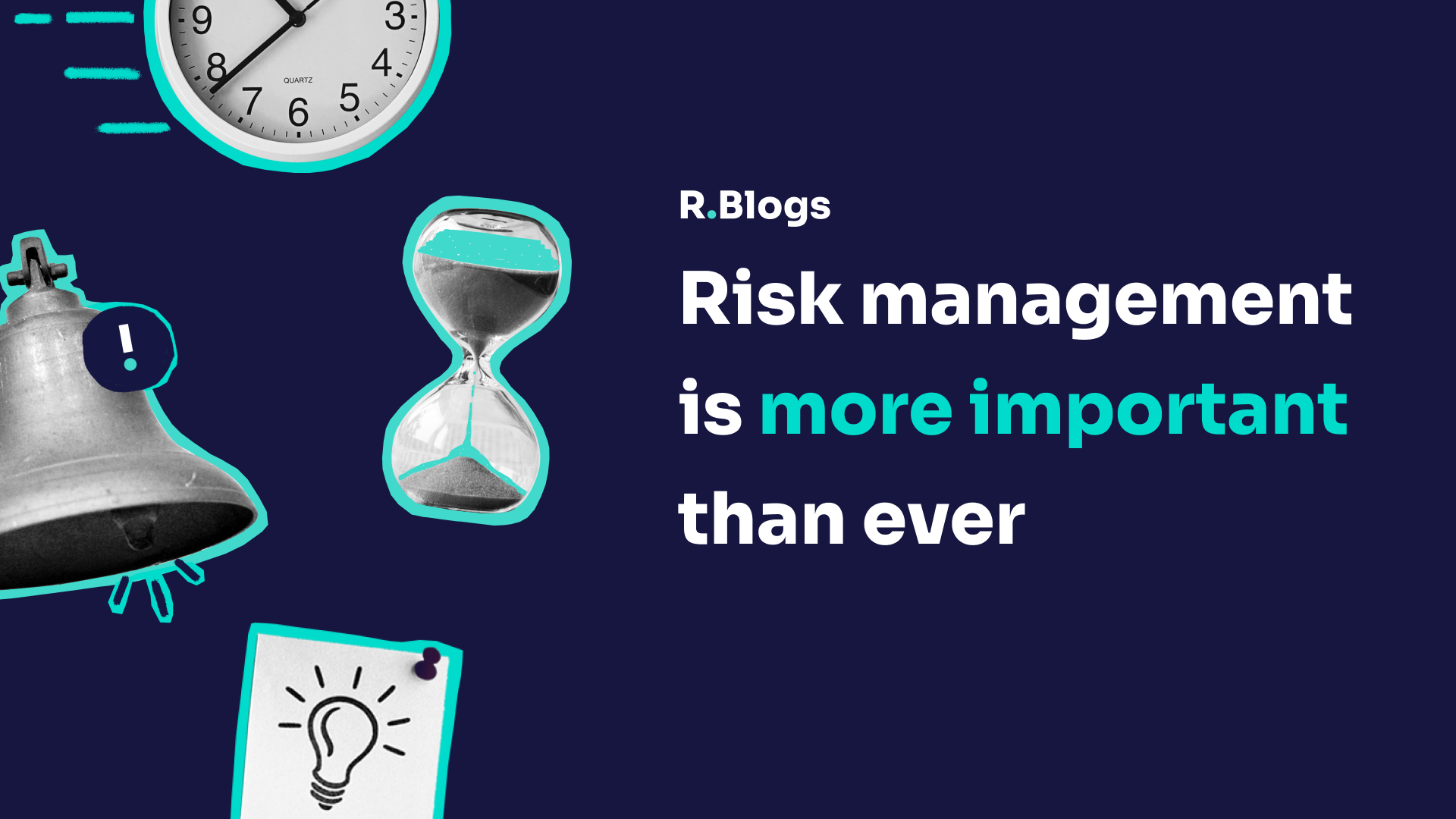The Undeniable Importance of Risk Management in Safeguarding Business Success
The Undeniable Importance of Risk Management in Safeguarding Business Success
Blog Article
Exploring the Relevance of Risk Management for Effective Decision-Making Approaches
In the elaborate globe of service, Risk Management arises as a crucial variable in the decision-making process. The capability to determine potential hazards and opportunities, and plan accordingly, can mean the distinction between success and failure.
Recognizing the Principle of Risk Management
Risk Management, a crucial element in decision-making, is often misunderstood or oversimplified. Normally, it describes the identification, evaluation, and prioritization of dangers to reduce, check, and regulate the probability or impact of unfortunate occasions. It's not simply regarding protecting against adverse end results, yet additionally concerning recognizing potential opportunities. Risk Management entails organized and self-displined strategies, making use of information and informative assessments. It needs a thorough understanding of the company's context, objectives, and the potential dangers that might prevent them. From economic uncertainties, legal liabilities, tactical Management errors, to mishaps and all-natural disasters, it addresses numerous risks. Significantly, efficient Risk Management is not stagnant; it's a constant, forward-looking procedure that advances with altering scenarios.
The Function of Risk Management in Decision-Making Processes
In the world of strategic preparation and service procedures, Risk Management plays an integral duty in decision-making procedures. Risk Management hence becomes an essential device in decision-making, assisting leaders to make educated choices based on a comprehensive understanding of the risks entailed. Risk Management offers as an important component in the decision-making procedures of any type of organization.

Exactly How Risk Management Boosts Strategic Preparation
In the context of critical preparation, Risk Management plays a pivotal role. Initiating with the identification of prospective dangers, it better reaches the implementation of Risk mitigation steps. The duty of Risk Management is vibrant however not static, as it requires constant monitoring and adjusting of methods.
Recognizing Prospective Threats

Executing Risk Mitigation
Risk mitigation techniques can vary from Risk avoidance, Risk transfer, to risk decrease. Each technique should be customized to the particular Risk, considering its prospective influence and the company's Risk resistance. Efficient Risk mitigation calls for a deep understanding of the Risk landscape and the possible effect of each Risk.
Tracking and Readjusting Methods
Though Risk reduction is an essential step in strategic preparation, constant monitoring and change of these techniques is equally vital. This ongoing procedure enables companies to determine new risks and reassess existing ones, ensuring the implemented approaches stay reliable in the ever-changing organization atmosphere. It likewise provides a possibility to assess the success of the Risk Management actions, enabling changes to be made where essential, additional improving tactical planning. Effective monitoring and change require the use of analytics and vital performance signs (KPIs) to measure efficiency. These devices supply important data-driven understandings that can inform critical decision-making. Surveillance and adjusting Risk Management techniques is a crucial part for boosting an organization's durability and critical preparation.
Case Researches: Effective Risk Management and Decision-Making
On the planet of organization and money, effective Risk Management and decision-making typically function as the pillars of prosperous ventures. One such entity is an international oil business that alleviated monetary loss by hedging against varying oil costs. In an additional instance, a tech startup thrived by recognizing and approving risky, high-reward techniques in a volatile market. An international financial institution, faced with regulatory unpredictabilities, effectively navigated the scenario with proactive Risk evaluation and dynamic decision-making. These find more info instances highlight the value of sharp Risk Management in decision-making procedures. It is not the lack of Risk, but the Management of it, that commonly sets apart effective business from unsuccessful ones. These instances highlight the crucial role of Risk Management in critical decision-making. importance of risk management.
Devices and Techniques for Efficient Risk Management
Navigating the detailed maze of Risk Management requires the appropriate set of methods and devices. These tools, such as Risk signs up and heat maps, aid in recognizing and evaluating possible risks. Strategies include both quantitative approaches, like sensitivity evaluation, and qualitative methods, such as SWOT evaluation. These help in focusing on risks based upon their prospective impact and probability. Risk reaction strategies, a crucial element of Risk Management, include accepting, avoiding, moving, or mitigating risks. Monitoring and regulating dangers, through routine audits and testimonials, make sure that the techniques continue to be efficient. With these devices and techniques, decision-makers can navigate the complicated landscape of Risk Management, thereby promoting notified and effective decision-making.
Future Patterns in Risk Management and Decision-Making Strategies
As we explore the huge landscape of Risk Management, it ends up being noticeable that the strategies and tools made use of today will continue to develop. Future patterns point in the direction of a boosted dependence on technology, with artificial intelligence and artificial intelligence playing significant roles. These technologies will make it possible for companies to anticipate navigate here potential threats with higher accuracy and make even more educated choices. Furthermore, there will be an expanding emphasis on strength, not just in managing dangers however additionally in recovering from adverse scenarios. The principle of Risk culture, where every participant of an organization is aware and involved in Risk Management, will certainly obtain a lot more prominence. These trends proclaim an even more inclusive and positive approach in the direction of Risk Management and decision-making.
Verdict

Risk Management thus becomes an important tool in decision-making, aiding leaders to make enlightened options based on an extensive understanding of the risks involved. Risk mitigation strategies can vary from Risk avoidance, Risk transfer, to run the risk of reduction (importance of risk management). Effective Risk mitigation requires a deep understanding of the Risk landscape and the possible influence of each Risk. Risk response approaches, a key component of Risk Management, entail approving, preventing, transferring, or mitigating dangers. The idea of Risk culture, where every member of an organization is aware and involved in Risk Management, will gain a lot more importance
Report this page